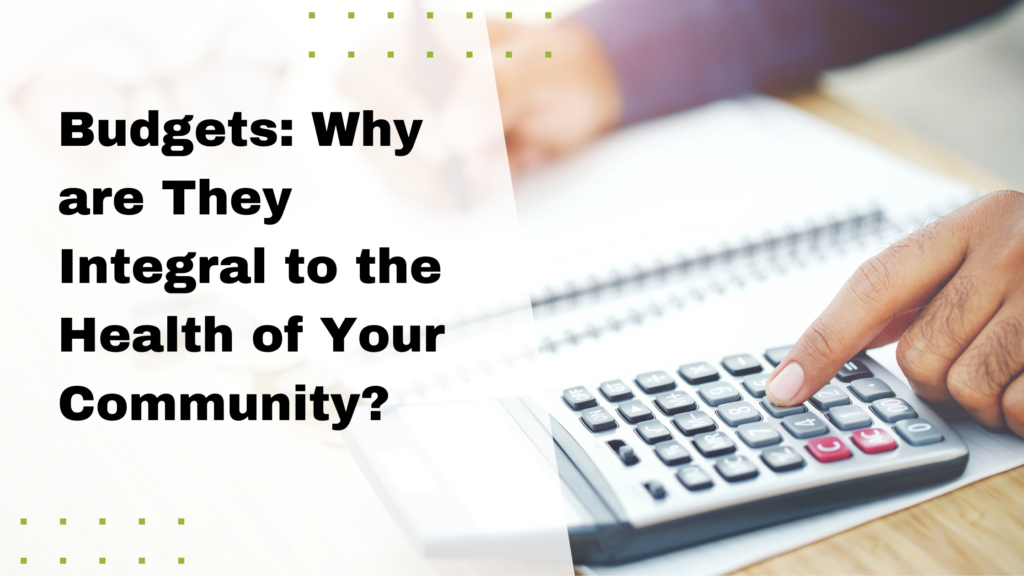Budgets: Why are they Integral to the Health of Your Community?

Condominium Corporations have unique and complicated financial needs. That is why developing a solid budget and sticking to it is integral to your condominium communities health. There are many considerations when developing a budget that will create long term sustainability to your communities and we will walk through some of the most fundamental aspects that all condominium budgets need to include.
Now, a budget can look good on paper, but unless adhered to, the budget means nothing. The Board of Directors for your community gives strict oversight to the finances in your condominium, so the success of any budget really comes down to electing responsible individuals who aspire to build a successful community. This means respecting the budget so that when unexpected things arise, there are contingencies and a healthy plan to navigate these circumstances.
As a legal identity and a business investment, contingencies and budgets need to be established for everything. Here are the fundamental aspects of a condominium budget.
Operating Budget
The operating budget is the fund that the estimated expenses for the corporation will come out of for the year. This budget is determined before the Annual General Meeting and approved by the voting members. This is for the general expenses associated with running of the condominium, including things such as insurance, utilities, maintenance, lawn care, management expenses, accountants and lawyers, and more.
Reserve Fund
The reserve fund is designed for the long term preservation and protection of the property. Every 5 years, Albertan condominiums are required to attain a reserve fund study. The study is conducted by a professional to determine the current state of your reserve fund, identify current and future needs of the community, and to make recommendations on how to improve the health of the reserve fund.
The reserve fund is designed for the replacement of the property that the Corporation is responsible for. This can include real and personal property, common property, or managed property.
Condominium Manager Tips for Budgeting
- Evaluate previous yearly reports and understand the unique needs of your condominiums finances.
- Ensure that your reserve fund is healthy and sufficient.
- Have a realistic view on the condition of your property and evaluate possible upcoming capital investments. This may take an inspection of the property. Build these considerations into the budget to negate the need for large special levies from Owners.
- Give a generous and conservative estimate to your operational budget and consider the current conditions of the market. For example, utilities will fluctuate year to year and even monthly. You may not be able to rely on numbers from previous years, so consider whether there are any unique challenges and plan accordingly.
- Stick to the budget. It may look like a lot of money, but with anything, if you spend a little more here and there, you can blow a budget fast!
- If you are having a hard time with your finances, it might be time to get professional help. In our experience, it doesn’t take long for Corporations to get into deep water financially and it can wreak havoc on the future of your property.
It is better to be proactive in the financial health of your Condominium Community. Without proper management, your condominium can find itself in a hole that is hard to come out of. This can cause increase in condominium collections, calls for special levies when the needs arise, and ultimately the loss of equity for owners as the condominium falls into disrepair or financial trouble.